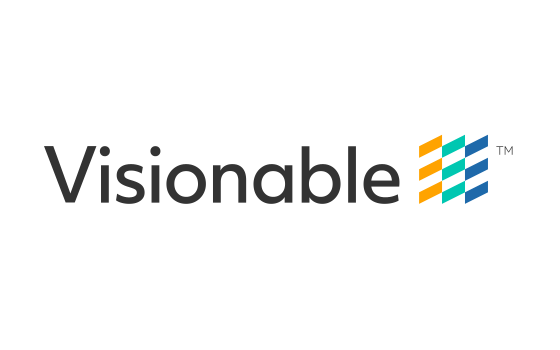 NHS England and NHS Improvement have signed a new national agreement that is rapidly connecting prisons in England with specialists in their local hospital through a video collaboration platform provided by health tech company Visionable.
NHS England and NHS Improvement have signed a new national agreement that is rapidly connecting prisons in England with specialists in their local hospital through a video collaboration platform provided by health tech company Visionable.
Instead of coordinating physical visits to hospital - which can cost hundreds of pounds - prisons will now be able to use Visionable's technology to allow prisoners to securely speak to consultants remotely whenever possible and appropriate. The system has already been used to transform how patients and doctors interact in the NHS, and has seen a sharp rise in use during the coronavirus pandemic.
A secure, encrypted client version of the Visionable system was initially rolled out to a prison in March allowing hospital clinicians to provide specialist video consultations to prisoners under the supervision of the prison's own medical team.
The initiative has proven so successful that it has now been scaled nationally and is in the process of being rapidly deployed to 114 prisons and young offender institutions, 15 secure children's homes, and five immigration removal centres, where in the longer term it could also potentially be used to virtually connect patients to other NHS services - including primary care and mental health. Security has been a paramount consideration during the introduction of the system into prisons. Secure laptops can only be activated with a remote key held by the prison's own healthcare team, who take the laptop to the prisoner's location.
The member of staff then uses the secure Visionable platform to join a virtual room, in which they connect to a specific consultant at the hospital at an arranged time. The laptop is then placed in front of the prisoner who can virtually talk to and see their consultant. Consultants are also able to use the system to show important information and diagnostic images such as x-rays and CT scans.
Once the consultation has finished, the consultant can then talk to hospital staff and advise them of necessary next steps - such as issuing a prescription.
The laptop and software have been configured so that it cannot be used for any other communication purpose and that in the event of a laptop being stolen, it would be rendered inoperable.
Alan Lowe, Visionable chief executive, said: "Virtual ways of working in healthcare have quickly become more urgent since COVID-19. But they are also a key means for transforming how people interact with their healthcare professionals in the longer term. This particular project, envisioned before the coronavirus pandemic, is an important expansion of how the NHS has been using remote video technology to transform pathways, and will result in significant efficiency and security gains for organisations involved. But it also demonstrates how clinicians can be brought to the individual, regardless of their location. If used in the right way, remote technologies provide significant opportunities to bring services to individuals in a more convenient way and in ways that can improve access and equity in healthcare."
About Visionable
Visionable is a healthcare technology company that provides a universal video collaboration platform for clinicians to deliver better patient care. Designed by founders who have worked within the NHS and who continue to partner closely with NHS clinicians, the platform has been built specifically to address the advanced technical needs found in healthcare. To achieve a truly 'connected health' system, Visionable makes it easy for everyone - from clinicians to whole organisations - to work together, ensuring patients’ access to the timeliest, best care possible.